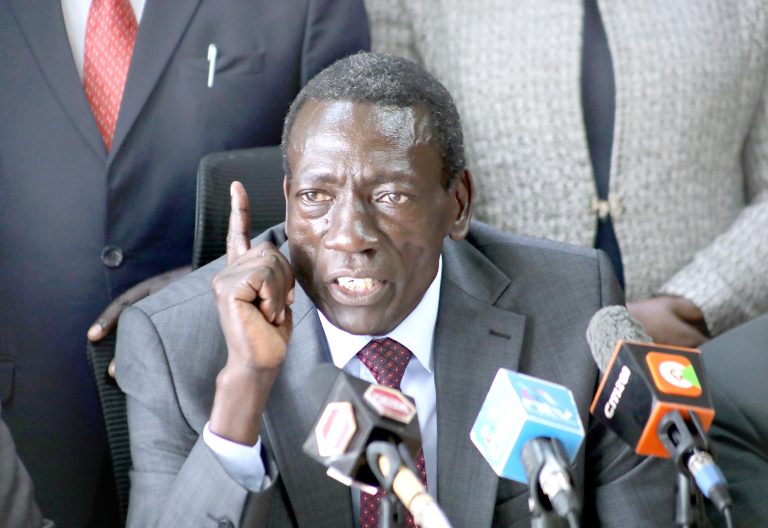Resolve TSC, teachers’ unions row on salary talks

Teachers’ unions are at it again. They have warned that unless their employer, the Teachers Service Commission, joins them at the negotiating table to hammer out a deal on their 2025-29 Collective Bargaining Agreement (CBA) cycle, they will be calling a strike by month-end.
Whereas such threats have become all too common in recent years, it is important to remind unions that a strike should be a tool of last resort, not a weapon to be brandished in the faces of education managers every time there is a disagreement.
First, they ought to acknowledge that TSC has already requested more time for consultations, a plea that unions have flatly rejected on the grounds that TSC does not need to consult anybody or any institution before taking a seat at the negotiating table.
For all intents, it is worth remembering that the commission is going through a crisis following the retirement of its secretary, Nancy Macharia, in June.
As a result, and largely arising from a failure of succession management, TSC does not have a substantive head.
As such, demanding with menaces that the acting secretary, Evaleen Mitie, show up for talks – even before she familiarises herself with her role and aligns internal politics and processes – amounts to being disingenuous on the part of unions.
Union leaders lose nothing by listening to the other side and considering soberly a request for adjournment of talks to give Mitei time to settle down, survey the political ecosystem and understand what commitments she can or cannot give.
It is also critical to bear in mind that an acting CEO has more to worry about compared with a substantive one.
First, she has to be conscious that any decision she makes will have a bearing on whether she will be confirmed or not.
Second, she has to consult the Attorney-General and the TSC legal department on whether she can make long-term financial commitments on behalf of the commission.
Third, the Supreme Court last week ruled that on matters affecting civil servants’ salaries and allowances, the Salaries and Remuneration Commission has the last word.
All these are weighty considerations, and any acting CEO would be forgiven for treading on eggshells and playing safe rather than rushing into a decision that will come back to haunt her months or years after she made it.
That is why I think union leaders are being disingenuous when they seek to compel her to dash for talks before she has acquainted herself with the nuances of the laws regulating TSC’s labour relations and examined the direction of the political wind lest she finds herself running towards the hyenas who run the bureaucracy.
When KNUT gave a seven-day strike notice recently, it was well aware that this is the season when Grade Nine learners are being assisted to select the pathways and senior schools of their choice.
It is tedious work, and given that not all schools have stable internet, the calls for strikes are likely to demotivate teachers from completing the important assignment.
In my view, this amounts to subjecting the learners to unwarranted anxiety as their academic progression hinges on how their teachers undertake this important task that has a direct bearing on the future of the over 1.2 million Grade Niners.
This is also the season when Grade Six learners are preparing for the Kenya Primary School Education Assessment, the national examination that will determine how they transition to Junior School.
In as much as it is their right to call strikes, the unions ought to find a rational way to resolve their dispute with their employer without subjecting vulnerable learners and hapless parents to unhelpful mind games.
The writer is the Editor-in-Chief of The Nairobi Law Monthly and Nairobi Business Monthly.















